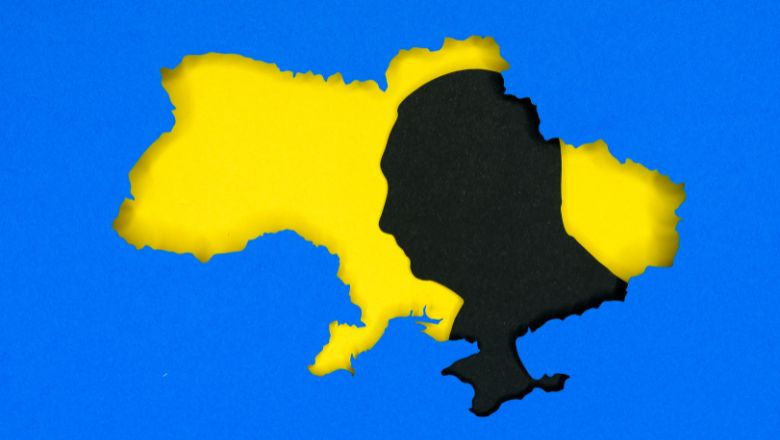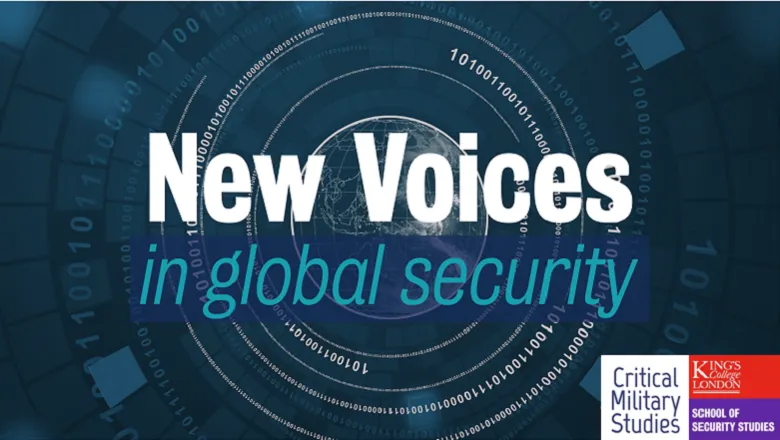
Dr Eitan Oren
Senior Lecturer in War Studies Education
Research interests
- Conflict and security
Biography
Dr Eitan Oren is a Senior Lecturer in War Studies Education at the Department of War Studies. His research explores how people and groups perceive security threats, examining the psychological, linguistic and cultural factors that shape their views.
He is the author of Japan's Threat Perception During the Cold War—A Psychological Account, which challenged the idea that Japan was shielded from threats during this period. Dr. Oren's work has also been published in leading journals, including the European Journal of International Security, the Journal of Cold War Studies and the International Relations of the Asia Pacific.
He is currently leading a new research project on the psychology of nuclear crises and war, which involves constructing the largest multidisciplinary dataset on the psychology of nuclear threat to date.
Dr Oren is a fellow of the London Centre for the Study of Contemporary Antisemitism and a member of ISA and BISA.
Research Interests
I am interested in supervising PhD students on the following:
- Threat Perception in International Relations
- The psychology of specific threats, including but not limited to:
- Nuclear crisis and war
- Human augmentation
- Existential risks
- Ideas (e.g. the threat of racism)
- Antisemitism and International Relations
I am also interested in working with students with expertise using experimental methods.
Publications
Recent Publications:
- Oren, Eitan. “How Leaders Experience Security Dangers: the Neglected Dimension of Unfolding Experience,” European Journal of International Security, 2025.
- Oren, Eitan. “Global International Relations”, in International Relations - Emerging Debates, Enduring Questions, and Contending Voices, ed. by Carmela Lutmar, IntechOpen, 2025.
Teaching
Dr Oren currently teaches on the following modules:
- Foreign Policy Analysis (MA)
- East-Asian Security (MA)
- Contemporary Strategy in East-Asia (BA3)
- Non-Western International Relations Theory (BA3)
Research

Research Centre in International Relations (RCIR)
The Research Centre in International Relations conducts research on practices of security and conflict, their transformation, and their social and political implications.

Future Threats Lab
The Future Threats Lab is a collaborative research, learning, and creative space that addresses global threats using a human-centred approach.
Events

Russia’s Imperialistic and Hegemonic Attitudes, War in Ukraine and Threats to European Security and Democracy
Tea Tutberidze examines the attempts to democratise post-Soviet states while dealing with the challenges of ongoing hegemonic involvement/interference from...
Please note: this event has passed.

Non-Traditional Pathways in and out of Academia
A roundtable event as part of the New Voices in Global Security series discuss routes of academia
Please note: this event has passed.

What neuroscience and linguistics tell us about threat perception in International Relations?
Dr Eitan Oran explores how core systems of the brain and body shape perceptions of foreign military threats.
Please note: this event has passed.

Solidarity during the Global Health Crisis and Beyond: Reimagining Communities
A discussion on how solidarity is often invoked in a wide range of public discourses
Please note: this event has passed.
Features
How leaders understand and experience security threats
What is going on in the heads and bodies of leaders when they perceive security threats?

Research

Research Centre in International Relations (RCIR)
The Research Centre in International Relations conducts research on practices of security and conflict, their transformation, and their social and political implications.

Future Threats Lab
The Future Threats Lab is a collaborative research, learning, and creative space that addresses global threats using a human-centred approach.
Events

Russia’s Imperialistic and Hegemonic Attitudes, War in Ukraine and Threats to European Security and Democracy
Tea Tutberidze examines the attempts to democratise post-Soviet states while dealing with the challenges of ongoing hegemonic involvement/interference from...
Please note: this event has passed.

Non-Traditional Pathways in and out of Academia
A roundtable event as part of the New Voices in Global Security series discuss routes of academia
Please note: this event has passed.

What neuroscience and linguistics tell us about threat perception in International Relations?
Dr Eitan Oran explores how core systems of the brain and body shape perceptions of foreign military threats.
Please note: this event has passed.

Solidarity during the Global Health Crisis and Beyond: Reimagining Communities
A discussion on how solidarity is often invoked in a wide range of public discourses
Please note: this event has passed.
Features
How leaders understand and experience security threats
What is going on in the heads and bodies of leaders when they perceive security threats?

